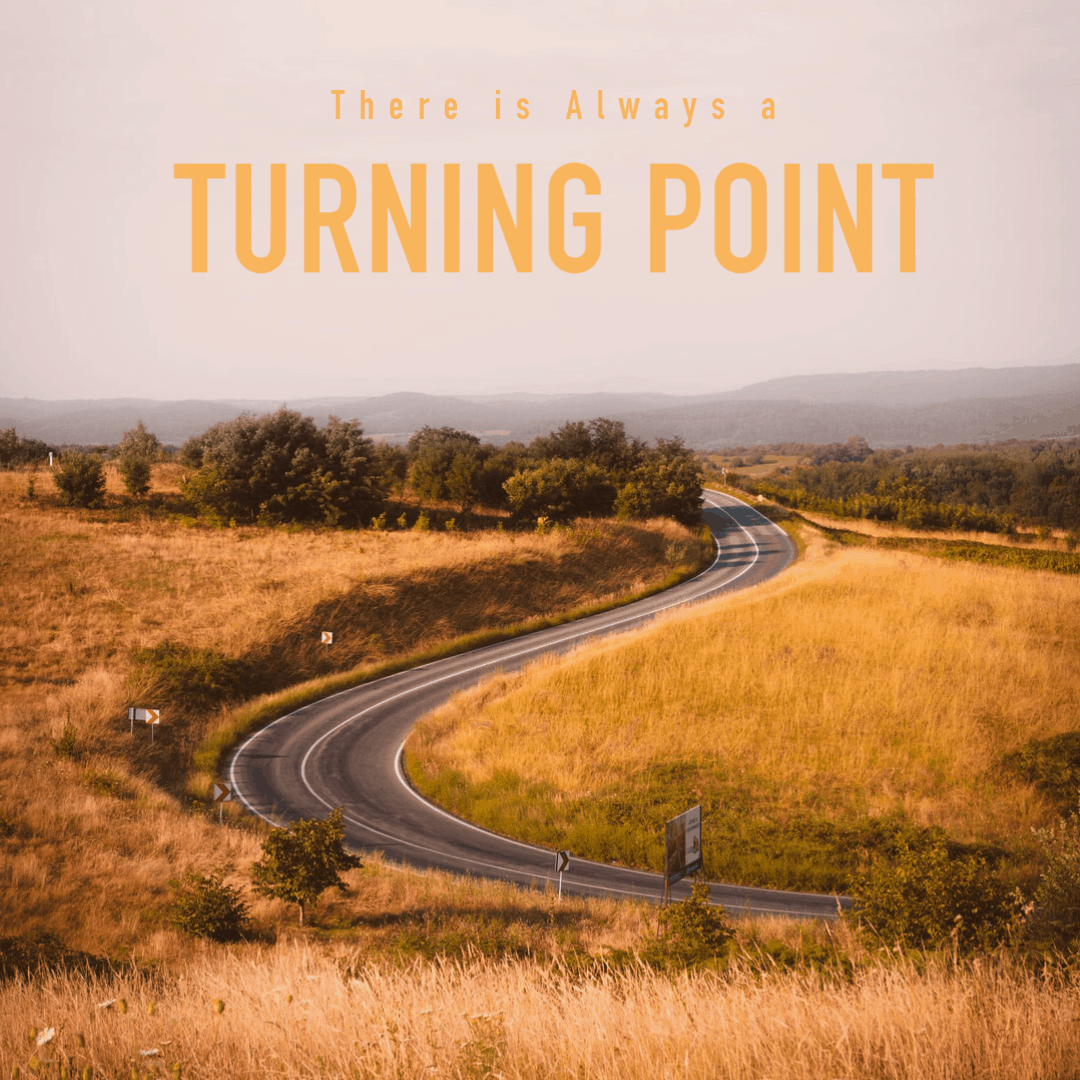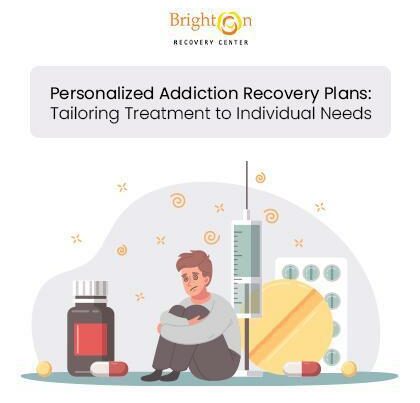There is Always a Turning Point

Addiction is Never Intentional
Addiction rarely starts intentionally. Nobody wakes up and thinks that going out and becoming an addict is an appealing alternative to other things in their lives. Addiction is something that slowly grows beneath the surface until it has already taken hold before anyone has realized. Addiction is quiet until suddenly, it creates an explosive need to continue drinking, doing drugs, gambling, or whatever the addiction may be. It programs itself to hide among the basic needs, on par with water and air. Eventually, the body begins to rebel, both physically and emotionally, when the substance or practice isn’t present for even a small amount of time.
It creates this hold by first expressing itself as an answer. Alcohol, drugs, or any kind of addiction present themselves as a release from the daily stresses of life. Understandably, people want to engage in some sort of escapist behavior, given the speed and pressures of everyday life. But there will always be a point where one has to confront the question of addiction and explore then what can be done about it.
Addiction is Never Intentional
Addiction rarely starts intentionally. Nobody wakes up and thinks that going out and becoming an addict is an appealing alternative to other things in their lives. Addiction is something that slowly grows beneath the surface until it has already taken hold before anyone has realized. Addiction is quiet until suddenly, it creates an explosive need to continue drinking, doing drugs, gambling, or whatever the addiction may be. It programs itself to hide among the basic needs, on par with water and air. Eventually, the body begins to rebel, both physically and emotionally, when the substance or practice isn’t present for even a small amount of time.
It creates this hold by first expressing itself as an answer. Alcohol, drugs, or any kind of addiction present themselves as a release from the daily stresses of life. Understandably, people want to engage in some sort of escapist behavior, given the speed and pressures of everyday life. But there will always be a point where one has to confront the question of addiction and explore then what can be done about it.
The Turning Point
[dt_quote type=”pullquote” layout=”right” font_size=”h2″ animation=”none” size=”4″]The facts are on the table, so what are you going to do about it?[/dt_quote]There is always a turning point. That feeling of needing a drink to unwind becomes a feeling of needing a drink preemptively to get through something. Addicted people suddenly find themselves calling out of work to go to the casino or skipping a meal to save money for cocaine. This is the turning point for real addiction. This turning point also provides a chance for a person to make a choice based on hard evidence. The facts are on the table, so what are you going to do about it?
What Will It Take?
This can be addressed in a more streamlined way as well – “what will it take?” What needs to happen in one’s mind that will cause them to see their behaviors as negatively impacting their own lives and the lives of those around them? Discovering this answer unintentionally or re-actively usually indicates that the point has already passed and is coupled with a disastrous event. Examples include car accidents due to a DUI or losing a job by failing a drug test. When someone decides that they have hit that point after these events, the recovery process could take longer. While recovery is definitely still possible regardless of the length or frequency of use, early identification can lead to earlier prevention and quicker recovery.
Exploring the Thoughts Before the Answer
What will it take? That question becomes paramount in preventing disastrous outcomes. Even answering this question aloud may provide very telling answers. By critically thinking about this question, you can see your entire life laid out before you. You will be able to assess the dangers you’re putting yourself in and begin to take stock of your life. You can also set limits on your destructive behavior. “I’ll stop if it takes me to the hospital,” “I’ll stop if I get arrested,” or anything else along the same vein. By acknowledging these potential outcomes of your use, you can move towards a turning point.
Agent of One’s Own Healing
The agency expressed here is an excellent demonstration of how addiction can be tackled. The higher brain and addicted brain will be in conflict, so weigh those thoughts against each other. Acknowledge the filter that your mind is casting over your eyes. This decision is a turning point towards healing or away from it. But there will always be a turning point in addiction, where your motives for drinking, gambling, or using drugs fall apart. The habit then becomes a pure urge to continue the behavior itself, entirely apart from any outside motivation. What it takes to signal a change is often negative, so addressing that problem is paramount in prevention and recovery.
A Step Has Already Been Taken
So, what will it take? The answer is just some acknowledgment. All it takes is a desire to prevent disaster and take the first step. You’ll also need a little bit of willingness to engage with the options for recovery available. This willingness is the first trial, but also the primary strength in the recovery process. It is a person takes control of their own turning point and guides themselves down a path to recovery, they have a real chance at a better life. It takes a moment, and a sense of clarity, but the way forward is clear.
For those looking to get more information about the addiction process, and the options available to them at each step of the way, Brighton Recovery Centers are available today. Providing programs for care from intake to continuing care and everything in between, Brighton emphasizes a sense of community. They create a comfortable, recovery-focused environment while instilling the necessary coping and life skills for sobriety and a happy, healthy future. Staff is ready to personalize any programs along the way and includes specialists in the LGBTQ+ community. Brighton creates an environment for anyone to express themselves in a safe space while practicing practical skills to deal with each of their own problems and obstacles in overcoming their addiction. Contact Brighton today at 1-844-479-7035.



